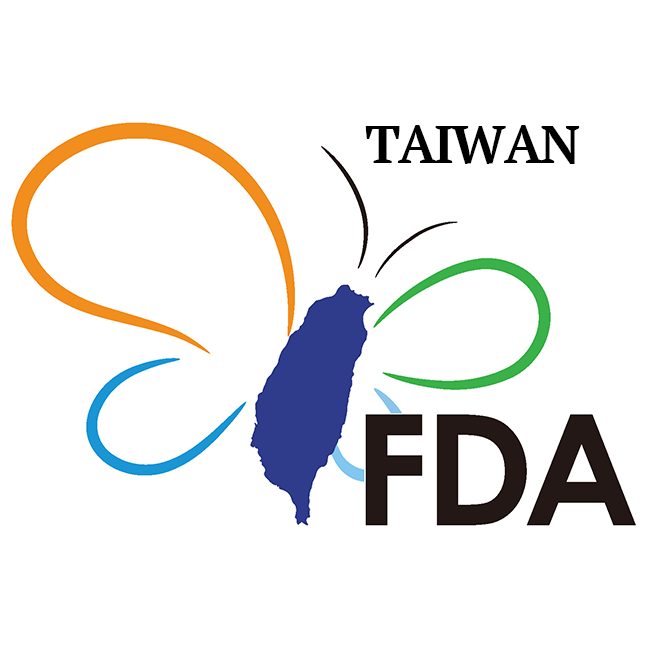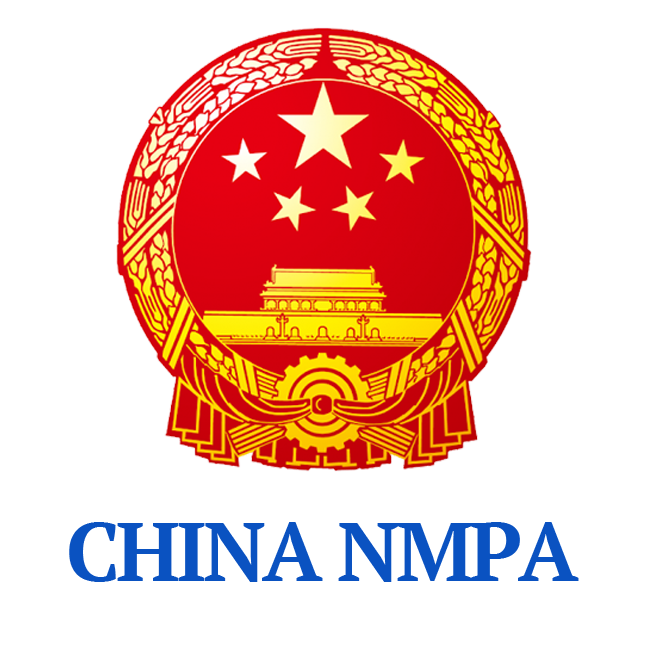On March 13, 2020, the Ministry of Food and Drug Safety from South Korea has announced the amendments to the Enforcement rule of the Cosmetic Act (Prime Minister No. 1603) . (Issued on March 13, 2018, and executed on March 14, 2020)
Reasons
In order to support the Revision The Cosmetics Act which was amended to meet the various needs of consumers for cosmetics and to contribute to the development of the cosmetics industry. It designed to determine the requirements, procedures, and methods of reporting and changing notifications of customized cosmetics sales businesses, and the timing, procedures, and methods of qualification tests for customized cosmetic preparation managers. The purpose is to determine what is entrusted by the law and what is necessary for its implementation, such as establishing the details, specifying the business compliance requirements of the customized cosmetic seller, and preparing detailed administrative disposition standards for violations of the customized cosmetic seller.
The main content
Establishment of requirements, procedures, and methods for reporting and changing custom cosmetics sales business (draft 8, 2 and 8-3)
1) If you wish to report a custom cosmetics sales business, please copy the custom cosmetics manufacturer’s certificate to the custom cosmetics sales report Attached is to be submitted to the head of the Local Food and Drug Administration, which is responsible for the location of the custom cosmetics sales office, and the Head of the Local Food and Drug Administration shall issue a custom cosmetics sales registration certificate if the report meets the requirements.
2) When a custom cosmetics seller changes the name or location of a custom cosmetics sales agency or changes the custom cosmetics manufacturer, etc., the custom cosmetics sales declaration form and a document verifying the change are attached to the custom cosmetics sales declaration form. Submit it to the head of the local Food and Drug Administration responsible for the location of the sales office.
Provision of timing, procedures, and methods for the qualification test for the customized cosmetic preparation manager (draft 8-8)
1) The Minister of Food and Drug Safety conducts the qualification test for the customized cosmetic preparation manager at least once a year and conducts the qualification test 90 Prior to the date, the plan for the qualification test, including the date and time of the test, test site, test subjects, and test method, shall be posted on the website of the Ministry of Food and Drug Safety.
2) Qualification tests for customized cosmetic preparation managers are conducted through written tests, but are conducted in four test subjects: laws and regulations on cosmetics, manufacturing and quality control of cosmetics, distribution and safety management of cosmetics, and characteristics and contents of customized cosmetics. Those who scored at least 60 percent of the total score for all subjects and 40 percent of the score for each subject should be considered as successful candidates.
Administrative disposal standards in case of violations and violations of customized cosmetics sellers (Article 12-2, new establishment and annex 7)
1) Customized cosmetics sellers regularly check the facilities and equipment of the stores to ensure that there is no risk of health and hygiene. Five types of compliance matters are prescribed, such as ensuring that the safety standards are mixed and subdivided, disinfecting or cleaning hands before mixing and subdividing the contents, and that a sales statement is created and stored according to the sale of customized cosmetics.
2) 15 days suspension for the first violation of the mixed and subdivided safety management standards of customized cosmetics, 1 month for the second violation, 3 months suspension for the third violation, 6 months suspension for the fourth or more violations, or suspension of the sale of items Established detailed administrative disposition standards for violations of compliance with custom cosmetics sellers.
Please check our Asian Regulatory database-South Korea to download the original copy.
Source: MFDS News




![South Korea MFDS announce Partial Amendment to the [Enforcement Rule of the Cosmetic Act]](https://cosmeticsbridge.com/wp-content/uploads/2020/01/korea.png)




